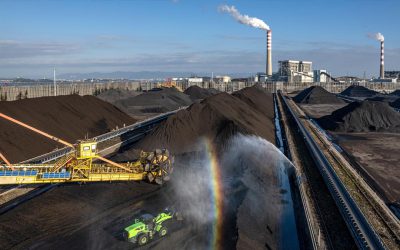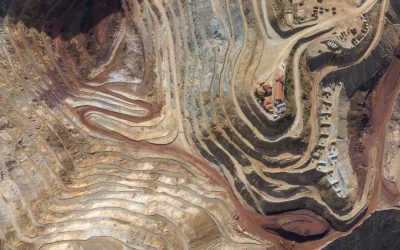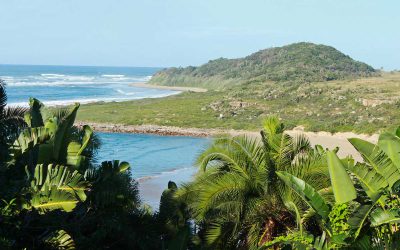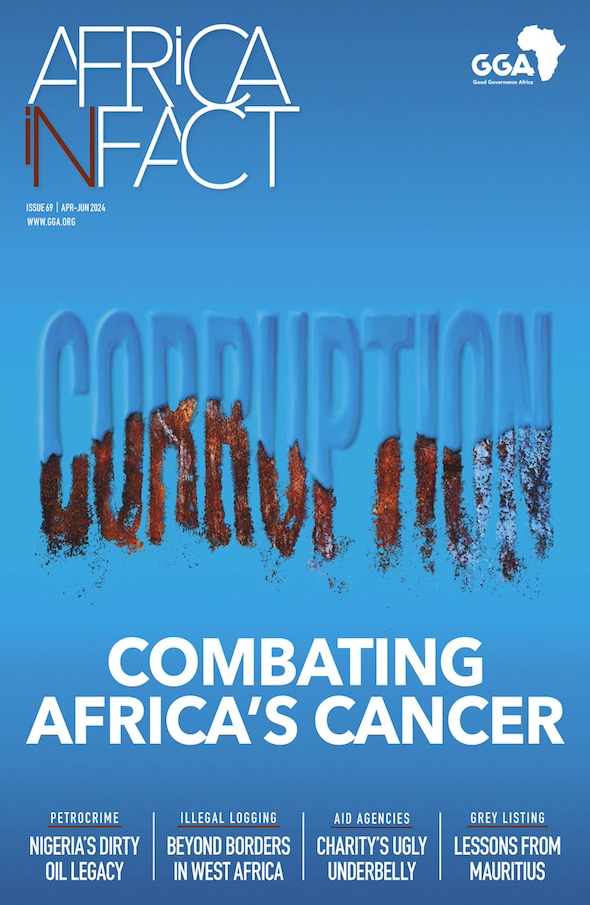What is the focus of this GGA Programme?
Articles from this programme
Decarbonisation and Compliance: Assessing the impact of the Climate Change Act on South Africa’s extractives industry
The Climate Change Act establishes a regulatory framework for decarbonisation in South Africa’s extractives sector, aligning with Paris Agreement commitments. Key provisions include sector-specific...
Climate Change Act and the role of local government
South Africa’s response to addressing climate change has come full circle with the passing of the Climate Change Act in July 2024. This breakthrough comes at a time when South Africa is warming by...
Minerals Policy Review: Findings and Recommendations Report 2024
In pre-colonial times, South Africa’s mineral resources were often mined for local uses with evidence of trade in precious metals predating the arrival of colonial settlers. In the country’s...
From farmland to Big Five sanctuary: The evolution of Dinokeng Game Reserve
Twenty years ago, Dinokeng Game Reserve was a savanna and grassland area owned by livestock and crop farmers about 30 minutes’ drive north-east of Gauteng. It adjoins Hammanskraal, a sprawling...
Inclusive biodiversity conservation and the unsustainability of ‘sustainable use’
The South African Government’s Reviewed National Biodiversity Economy Strategy (2024) continues to promote trophy hunting as a conservation tool. This policy briefing challenges this approach,...
The wild cost of oil exploration: Operation Shell
Recent significant oil and gas discoveries seen in the Karoo Basin and the Wild Coast of South Africa have sparked a national debate that raised questions about climate change mitigation and...
READ BETWEEN THE LINES
Sign-up to our newsletter to get the inside track on Africa
Natural Resource Governance
Our Natural Resource Governance team is committed to reversing the ‘resource curse’ – the paradoxical relationship between natural resource wealth (minerals and hydrocarbons especially) and underdevelopment. It turns out that institutional quality is the key determining factor for resource wealth to translate into broad-based development. We therefore aim to build institutions underpinned by transparency and accountability in the extractives industry. To these ends, we advocate for the implementation of the Africa Mining Vision in each mining jurisdiction across the continent.
The programme ensures that the various disparate attempts at improving extractive industry governance on the continent are better coordinated to gain maximum traction. Our NRG team works closely with the GIA team to produce our monthly Intelligence Reports, as the mining industry is a key element of our target audience.
We specialise in enhancing Environmental, Social and Governance (ESG) performance for mining industry and related firms doing business in Africa. We differentiate ourselves by not only providing ESG improvement insights but also by being an independent broker between the private sector and African governments.
Our NRG programme provides politically workable, regional solutions that connect mining with green industrialisation. The continent, on average, is facing ‘premature deindustrialisation’ and associated extreme youth unemployment. As new technologies associated with the fourth industrial revolution advance, mining will no longer be a large employer, and this poses significant governance challenges that we specialise in helping governments and firms to navigate.
New technologies allow for mining to be both safer and less environmentally invasive. This allows for higher margins, creating wealth that should serve as a catalyst for connecting mining to other sectors of the economy. These connected sectors can feasibly be developed to tap into global value chains, especially those that feed the fourth industrial revolution, and specifically the energy and transport revolutions within that domain.

